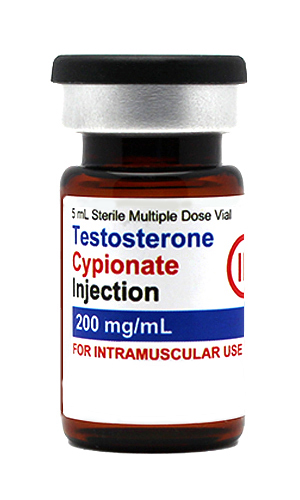Hyperbaric Oxygen Therapy (HBOT) has emerged as a promising alternative treatment with potential benefits for various medical conditions. As interest in this therapy grows, individuals seeking reliable information should navigate the sea of studies and resources available. Understanding how to find and assess trustworthy sources is crucial to making informed decisions about the efficacy and suitability of HBOT for specific health needs.
Exploring the Research Landscape
Hyperbaric Oxygen Therapy involves breathing pure oxygen in a pressurized chamber, which can enhance the body’s oxygen levels and potentially aid in healing and recovery. Whether you’re exploring HBOT for wound healing, neurological conditions, sports recovery, or general wellness, access to well-conducted research studies is essential to grasp the therapy’s potential benefits and limitations.
Academic Journals and Publications
One of the most reliable sources of information on HBOT is peer-reviewed academic journals. These journals publish studies that have undergone rigorous evaluation by experts in the field. Searching databases like PubMed, Google Scholar, or medical journal websites can lead you to a wealth of research articles on HBOT, including clinical trials, case studies, and meta-analyses.
Clinical Trials and Evidence-Based Practice
Clinical trials play a pivotal role in evaluating the effectiveness of medical treatments, including HBOT. Websites like ClinicalTrials.gov provide information about ongoing and completed trials, offering insights into the therapy’s outcomes, safety, and potential side effects. Evidence-based practice guidelines from medical organizations can also provide summaries of the current research and recommendations for using HBOT in specific medical contexts.
Expert Institutions and Medical Centers
Reputable medical institutions, universities, and research centers often publish their findings and recommendations on HBOT. These sources can provide a comprehensive overview of the therapy, its applications, and the current state of research. Look for information from organizations with a history of credible and unbiased research in the medical field.
Critical Evaluation
While seeking out sources, it’s important to critically evaluate the quality of the research. Consider factors such as study design, sample size, methodology, and potential conflicts of interest. Well-designed randomized controlled trials are generally considered the gold standard in medical research.
In short
Navigating the world of Can You Sleep in a Hyperbaric Oxygen Chamber? studies requires a discerning approach to find reliable and trustworthy sources of information. Relying on peer-reviewed journals, clinical trials, expert institutions, and evidence-based guidelines can help you make informed decisions about the potential benefits and risks of HBOT for your specific health needs. Remember that consulting with qualified medical professionals is essential to determine whether HBOT is a suitable option for your individual situation.



